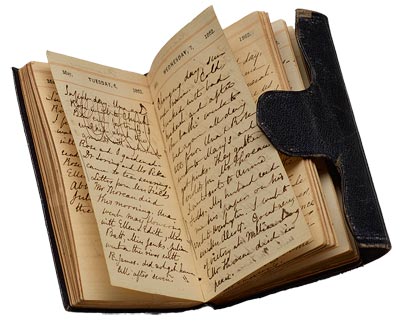One way or another, fiction or nonfiction, seeking publication or simply scribbling away for my own enrichment and edification, I have been a writer for a long time now. Not all of my literary endeavors have been successful, that’s for sure. And some will never be seen, even fleetingly, by any eyes not belonging to me. But the point is, good or bad, published or unpublished, I’ve been at this for a while. And so–there is quite a “slush pile,” as it were, on my hard drive.

But before delving into the slush . . . of course, I am wanting to create something new, to explore an idea that is swimming around, like a rogue fish, in the fluids and nooks and crannies of my brain. Do I have such ideas? I do. All writers do. Ideas are our stock-in-trade, after all. The thing is, not all of these ideas are good, or even workable. In fact, the majority are not. Or–maybe an idea has potential, but, in its current state, it is too unformed, too skeletal to work with. So, though enthused by the germ of it and intrigued to pursue it, you temporarily set it aside, allowing it the space and quiet it needs to form sinews and cartilage and nerve endings, to pulse with the literary blood flow of a living, breathing story. I know, for me, such idea-germs need to work themselves out on their own. I can never force them. I must be patient and wait for them to tell me when it’s time to put them down on paper.

The question naturally arises, then. What to do in the meantime? What to write, what to create, while awaiting the muse’s unannounced and capricious call? For me, I sometimes simply write a scene–even if it has no chance of developing into something more. Working out the narrative muscles, keeping dialogue top of mind, describing the situation, letting it all play out. It’s the literary equivalent to practice. And sometimes–rarely, but sometimes–such a writing exercise can bloom into a full and fleshed-out story. It does happen.

But what if even that amounts to nothing more than a dozen unrelated scenes, scattered around your hard drive like unreadable hieroglyphics from an ancient civilization, unable to be deciphered or turned into anything more? Where do you go when the fully formed ideas are few and far between, or even nonexistent?

Perhaps . . . to your own work? If you have any sort of track record of writing projects, surely you have some old stories lying around. Some of them may be so old, and so forgotten, they read as if another person created them. (An odd, almost disembodied sensation, but recommended!) Now, it’s true–some, or even most–of these stories may strike you as second-rate–especially if they’re more than ten years old. After all, we move forward as writers, as artists. We accrue more life experiences, hone our craft, enrich our voice. Our old work really shouldn’t be as polished as our more recent efforts.

But sometimes, every now and again, they are–or, if not, they contain enough depth, imagination, and spark to revisit them. So, if the well is running dry–maybe dig into that old slush pile. And if you see a short story, or even a novel that has been collecting dust for years–perhaps sit with it for a while, and then . . . if you’re encouraged by what you’re reading–begin to rework it. Editing an old piece of writing to make it new again. Superimposing your in-the-now abilities over your abilities from ten or twenty years ago. Making the old new.

Of course, such a project is only applicable if you are, in fact, short on new ideas, and if you find the old work in question worthy enough to edit. But it’s an often overlooked source of material–your own stories! (Sometimes, too, your old stories can ignite an entirely new idea, and off to the races you go on a brand-new novel.) There are plenty of possibilities.
Either way, though, it is a good idea to check out your old stuff–whether you want to rework it or not–if, for nothing else, to see how far you’ve come as a writer, how you’ve matured and grown. And to see a snapshot into what the younger version of you thought was important enough to write about. In some ways, it’s almost like reading old journal entries.

And, right now? I think I’ve convinced myself. I have an entire thumb drive of old stories I wrote, years ago. Maybe, just maybe, it’s time to revisit them.
After all, our younger selves have much to say to our current selves. There has to be a story in there, somewhere.

Thanks so much for reading!
–Mike




























